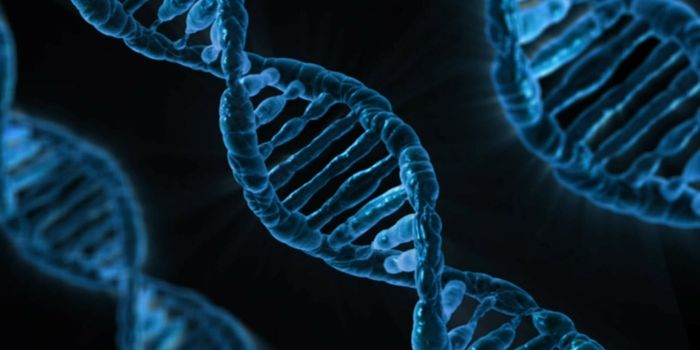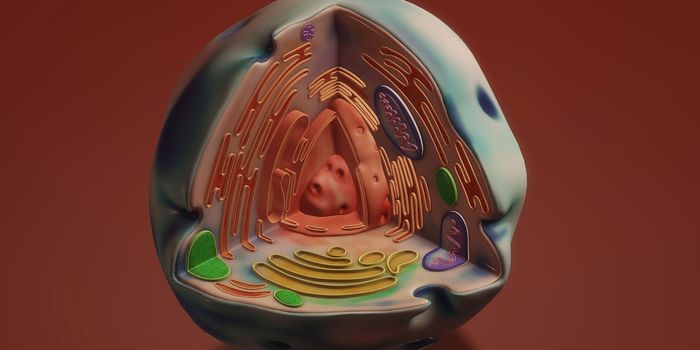How Much Do Genes Influence Sexuality?
A recent study has shown that there is no sigular ‘gay gene’ (Boyd: 2019). Instead however, it seems that there are multiple genetic factors that may contribute to sexuality in other ways. What are these? And how much can our sexuality really be attributed to genetics?
Researchers led by Andrea Ganna, a research fellow with the Broad Institute in Cambridge, sought to answer these questions. From conducting a genome-wide association study (GWAS) of 450,939 people who had exclusively hetrosexual experiences and 26,890 people who reported at least one homosexual experience, they found five autosomal loci that were siginifcantly correlated with same-sex sexual encounters (Ganna: 2019).
Among these genetic variants, they found two specific to men who reported same-sex sexual experiences. One, a variant located on chromosome 15, has otherwise been associated with male-pattern baldness. The other, located on chromosome 11, is known to influence the olfaction: the detection of certain smells including pheromones known to be key in predicting sexual attraction (Price: 2018).
The researchers also noted that the genetic variants they identified are associated with some mood and mental health disorders. In both men and women, these traits are known to be associated with higher risks of major depressive disorder and schizophrenia as well as risk-taking behavior, with women also tending to experience higher rates of bipolar disorder. Although this doesn’t necessarily mean people with these disorders are more likely to be homosexual, the lead researcher of the study, Ganna, suggested that “individuals who engaged in nonheterosexual behavior are more likely to be discriminated [against], and are more likely to develop depression (ibid.).”
Despite these findings, however, the researchers estimated that the five markers they found could only account for less than 1% of a person’s sexuality. Adding to this, they estimate that genetic factors in total- accounting for hundreds of thousands of genes interacting with each other- likely only account for between 8-25% of a person’s sexuality. The rest, they say, is more likely due to environmental influences from hormone exposure while in the womb to social influences later on in life (Kaiser: 2019).

Social factors are also worth considering. It has been suggested for example that tolerance of gay people may also encourage people’s expression of homosexuality (Khazan: 2016). After all, if it’s more acceptable to be be gay, then stakes are a lot lower to explore that element of sexual identity. This is perhaps why openly gay communities may thrive in countries such as the US, whereas they struggle in countries such as Russia and Nigeria, where homosexualty is for the most part not an acceptable social practice. Yet, despite this, it doesn’t mean that just because homosexuality is not openly practiced in these countries, it doesn’t exist, or even occurs at a lower rate.
At this point, how we define sexuality becomes questionable as, having one same-sex experience does not necessarily make someone homosexual, just as having sex with other sexes does not equate to hetrosexuality. If living in a society where other sexual expression is not condoned, or possible, then other sexual behaviors will likely prevail. For example, although homosexual sexual encounters may often occur in prison, they do not necessarily equate to homosexuality, as other social factors from social pressure to frustration and availability of partners may underly the behavior.
To conclude, although some correlations have been found between certain genetic traits and sexual preference, these alone can not predict one’s sexuality. Complex in nature, environmental factors from hormonal exposure during fetal development to social norms, pressures and practices may have more of an influence in how sexuality expresses itself than genetics alone.
Sources
Boyd, Carly: Labroots
Ganna, Andrea et al: Science Mag
Price, Michael: Science Mag
Kaiser, Jocelyn: Science Mag
Hines, Melissa: US National Library of Medicine
Khazan, Olga: The Atlantic









